This film, produced by Cricks and Martin in 1906, is an actuality film like 'A Day in the Life of a Coal Miner' (follow link for my previous blog post on that 1910 film), commissioned by Peek Frean and Co's of Bermondsey, London, to publicise the famous biscuit firm and show how their biscuits are made. Special arc lighting was brought in for this film to show the production of their biscuits from start to finish.
The film starts with men preparing the steam engines which power the factory.
Then, the milk and flour arrives - the vital ingredients for the biscuits
A general view of the factory is shown - dough being flattened and cut into sheets.
The production of Brighton biscuits are then shown - two men rapidly cut them out of a sheet of dough using a biscuit cutter stamp, while female workers collect them and put them on baking trays ready to be baked. A large 'biscuit machine' and entrance to the ovens is then shown.
A small boy is seen working under the 'biscuit machine', a common sight in the Victorian and Edwardian era but one that would probably shock modern audiences. Not much in the way of safety guards etc either. The biscuits are then shown at the other end of the ovens, being taking out on their large trays.
An overview of the packing area is seen, almost entirely staffed by female workers.
The scene then cuts to outside, with a false alarm of fire - it is not clear if this was staged for the camera's benefit, it is most likely the case. A man pulling a hose reel cart is seen as the workers assemble outside.....
....and then a large wheeled ladder is seen. Many large works had their own fire brigade, in my previous blog post here you can see a 1912 Dennis Motor Fire Tender from the Great Western Railway's Works at Swindon.
The ladder is propped against a building, and a worker ascends to the supposed source of fire. On discovering there is no fire, normality resumes, and a large crowd is shown as the workers leave for lunch break. A wide variety of people are shown - men and women young and old, whole local community's would almost entirely work at a large local works such as Peek Frean and Co's
Old metal biscuit tins are then shown, being washed clean, and new paper labels stuck on - who says recycling is a modern concept? The cleaning is entirely done by males, and the sticking on one new paper labels entirely done by females. Tins are then shown being packed into larger wooden boxes for delivery.
The yard is then shown, with horse drawn vans (and some motor vans) being loaded up ready for delivery.
A mixture of horse-drawn and motor vans are then shown leaving the Works, delivering Peek Frean and Co.'s biscuits. I don't know the manufacturer of the motor vans, at least two types are shown, so if anyone knows I would be very grateful.
The film is a great diary of the day in the life of not just a biscuit factory, but a typical large works of Victorian or Edwardian Britain. The film can be seen on the British Film Institutes' 'Early Cinema - Primitives and Pioneers' DVD

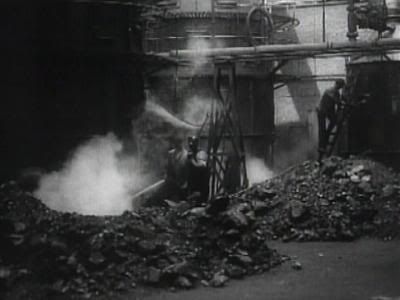
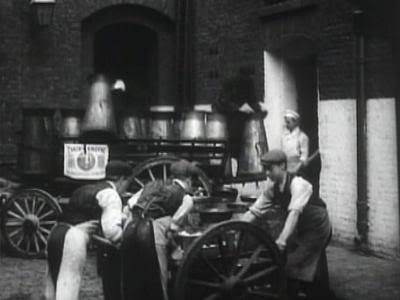
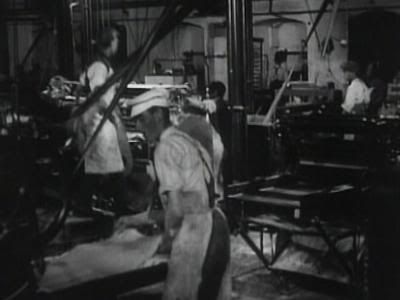
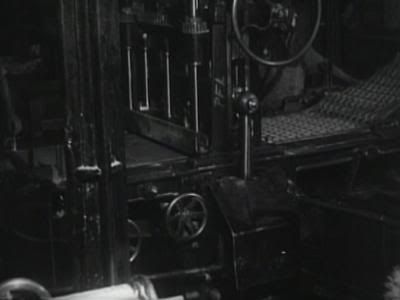
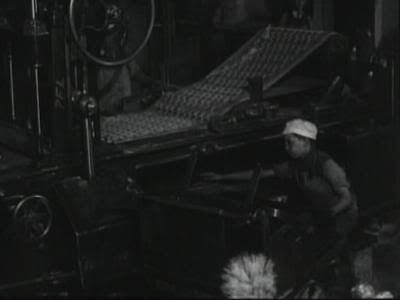
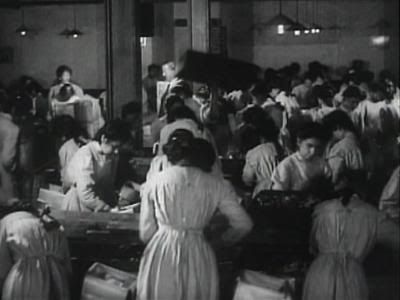
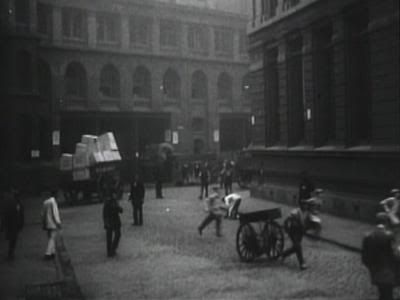
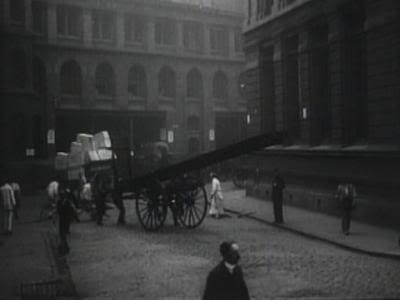
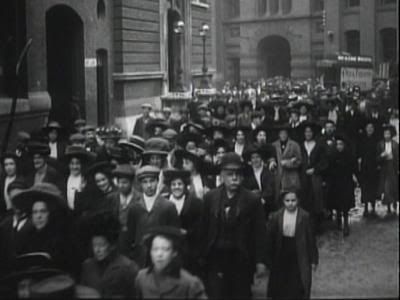
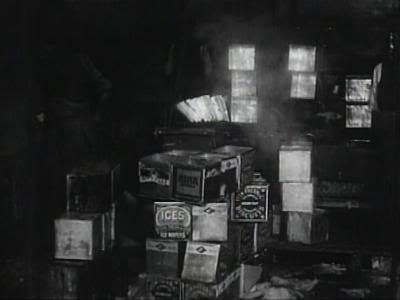
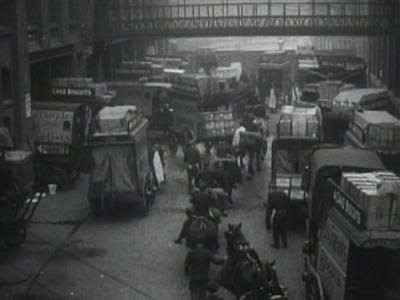
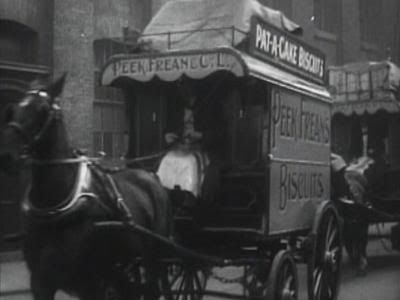
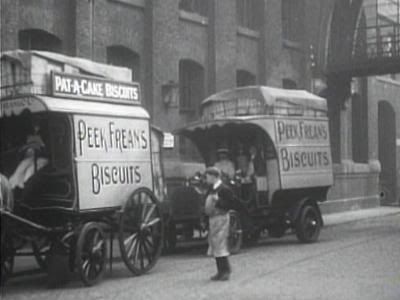
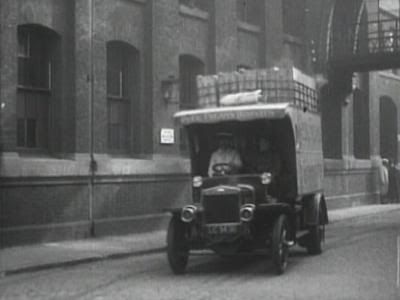
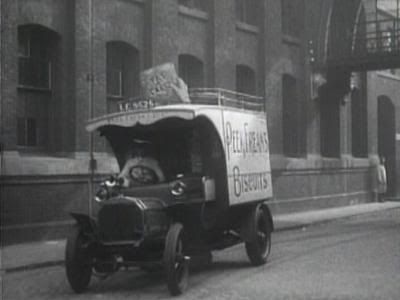
The last van shown was built by Dennis Brothers of Guildford.
ReplyDeleteHi Ben, thanks very much - do you know any other details of this type of van?
ReplyDeletePeak Frean purchased a number of light vans (ca. 1 ton) from Dennis in the years 1906 to 1910. The other van shown may well be an Alldays and Onions.
ReplyDeleteThanks Ben - are you the same person restoring the 1908 Dennis? Great project, I very much look forward to seeing a restored pre-WW1 lorry
ReplyDelete